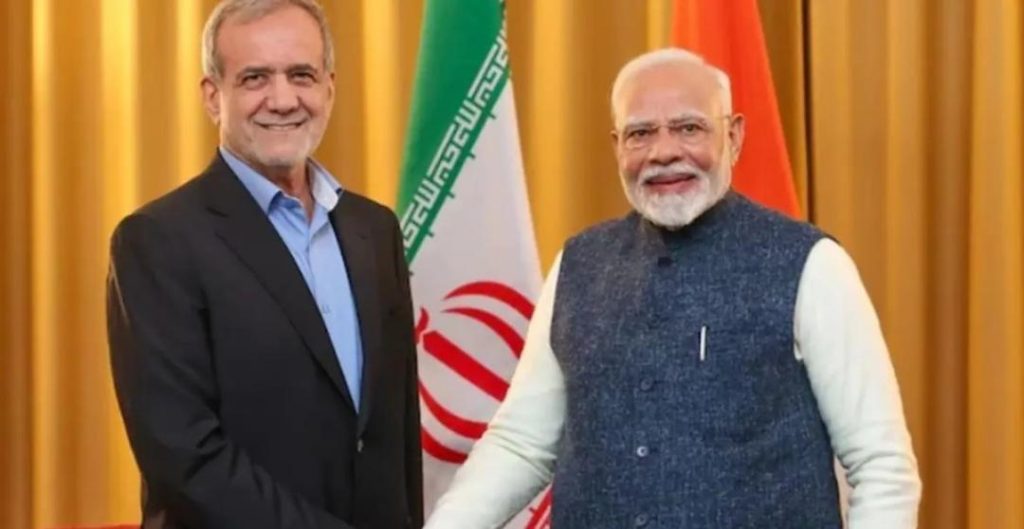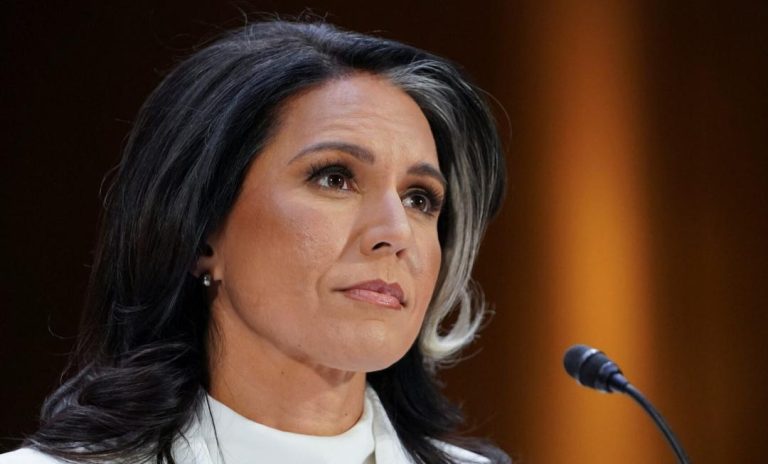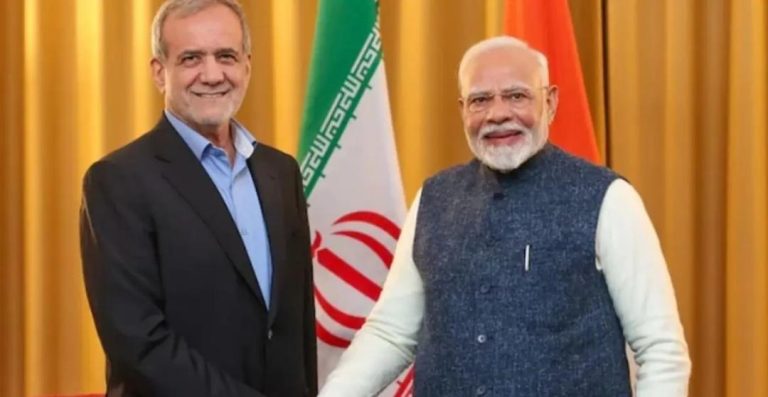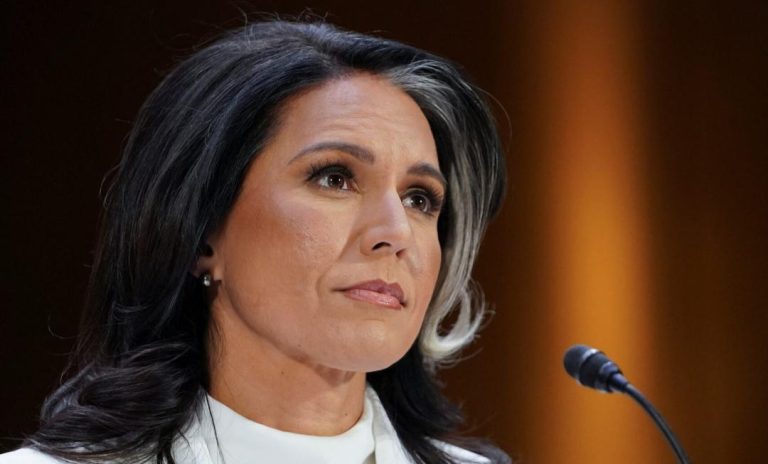
Iran Offers to Mediate between India & Pak after Pahalgam Attack
The recent terrorist attack in Pahalgam, Jammu and Kashmir, has sent shockwaves across the subcontinent, exacerbating the already tense relations between India and Pakistan. In the midst of this heightened standoff, Iran has emerged as a potential mediator, offering to use its “good offices” to foster greater understanding between the two nations.
Iran’s Foreign Minister, Seyed Abbas Araghchi, took to Twitter to express Tehran’s willingness to mediate the conflict. “Tehran stands ready to use its good offices in Islamabad and New Delhi to forge greater understanding at this difficult time,” he wrote. This offer comes at a time when India has suspended the Indus Waters Treaty with Pakistan, a 1960 agreement that regulates the sharing of the water resources of the Indus River and its tributaries.
The Pahalgam attack, which claimed the lives of several tourists and left many more injured, has sparked outrage across India. The Indian government has strongly condemned the attack, with Prime Minister Narendra Modi vowing to take all necessary measures to ensure the security of the nation. In response, Pakistan has denied any involvement in the attack, with its Foreign Office terming it a “false flag” operation.
India and Pakistan have a long history of tensions, with the two nations having fought three wars since the partition of British India in 1947. The Kashmir dispute, in particular, remains a contentious issue, with both sides claiming sovereignty over the region.
Iran, which shares a long border with Pakistan and has historical and cultural ties with India, has often sought to play a mediating role in regional conflicts. In the past, Tehran has attempted to broker peace agreements between India and Pakistan, as well as between Pakistan and Afghanistan.
The current standoff between India and Pakistan is particularly concerning, given the high stakes involved. The Indus Waters Treaty, which has been in place since 1960, is a critical component of regional cooperation. The treaty allows India to use the waters of the Indus River and its tributaries, but also requires New Delhi to ensure that the water levels in the rivers do not affect Pakistan’s agricultural productivity.
India’s decision to suspend the treaty has sent shockwaves across the region, with many fearing that it could lead to a full-blown water war. Pakistan has accused India of violating the treaty by constructing dams and canals that divert water away from Pakistani territories.
Iran’s offer to mediate the conflict comes at a time when regional tensions are running high. The country has traditionally enjoyed good relations with both India and Pakistan, and has often sought to play a bridging role in regional conflicts.
In recent years, Iran has expanded its diplomatic ties with India, with the two nations signing a number of agreements aimed at boosting trade and economic cooperation. At the same time, Tehran has also strengthened its relations with Pakistan, with the two nations signing a number of agreements aimed at promoting regional cooperation.
Iran’s offer to mediate the conflict between India and Pakistan is likely to be welcomed by both sides, given the country’s reputation as a neutral mediator. However, the success of any mediation efforts will depend on a number of factors, including the willingness of both India and Pakistan to engage in constructive dialogue.
In the meantime, the Pahalgam attack has once again highlighted the need for regional cooperation and diplomacy. The attack has sent a chilling message to tourists and travelers in the region, and has underscored the need for greater security measures to prevent such incidents in the future.
As the world watches the developments in the region, one thing is clear – the road to peace and stability in South Asia will be long and arduous. However, with the offer of mediation from Iran, there is a glimmer of hope that the nations of the region can work together to forge a brighter future.






